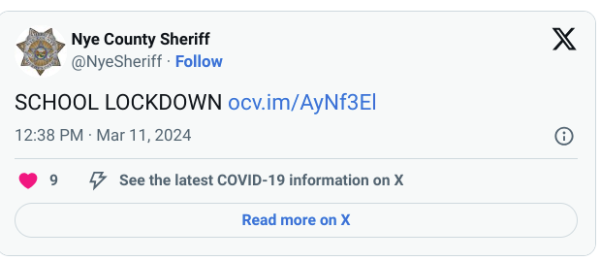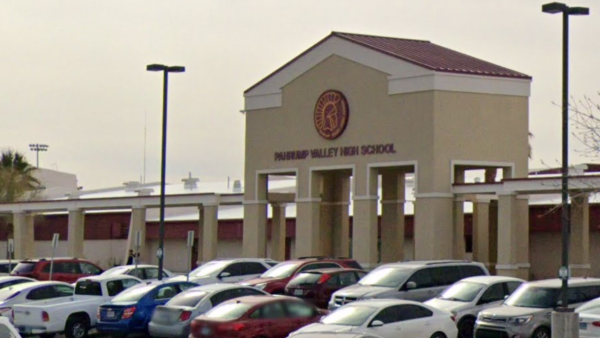Bridge to The Future
November 22, 2017
The transition from high school to college can be difficult and expensive. Many students have a hard time getting into the swing of college life; it all starts your senior year.
Seniors should ask themselves some basic questions. What school(s) do you plan on attending for college? What requirements need to be met for those schools? What steps can be taken to make your transition easier?

Information from bigfuture.collegeboard.org, a site that helps provide students with information about college and answers many questions, states, “Besides tuition and fees, students have to pay for housing, food, books, and other supplies.” These are just some of the things that students should look at when making the decision to attend a college.
Financial aid is helpful for students who are thinking about attending college. “Most students get financial aid. This is money that is given or lent to you to help pay for college costs.”, a quote from bigfuture.collegeboard.org. A loan is government money that is given to help you out that needs to be paid back and grants are the same except the money does not have to be paid back. Students can look at many different financial aid programs such as grants, scholarships, loans, and work-study.
Also, they should check out the net price of what their classes will cost directly through the college and are required to fill out a FAFSA. The net price for a Nevada resident is about $8,000. That’s just an overall price it is subject to change.

FAFSA stands for Free Application for Federal Student Aid and it is a form that can be prepared annually by current and prospective college students. Work-study is where you work for the college and in return they lower tuition rates.
Lisa Hamrick and Yulissa Castillo with the Gear Up office were asked what they believe is the hardest thing for students who transfer directly from high school to college. “College is a completely different atmosphere and you are required to be self responsible.”
As a college student you are the only one that keeps up on your grades. Your professors and counselors are less worried about your progress. They still want you to succeed but it’s completely up to you whether you do or not.
When asked to give advice for students who take a year off Lisa said, “Talk to an advisor at a prospective college after graduating and again before you go back so you are ready to hit the ground running.”

Some other advice that they recommend for seniors is ask questions, get help be involved, and maybe consider retaking your ACT.
Mrs. Luck, the senior counselor, had some encouraging things to say about work study programs, “They are a great way to help pay for your college. It works around your schedule and is fairly flexible. Most colleges pay well and do their best to put you with a program related to your major.”
Mrs. Luck also said when moving far from home you can’t just come and visit any time you like. Traveling can be costly and it may be to hard for students or parents to fund a large trip every other month.
As you get closer to your graduation remember to consider some of the advice people have to offer. Do extensive research in the colleges you are considering, and don’t be afraid to ask questions.


















Mairen Thomassian • Nov 22, 2017 at 9:30 AM
Very helpful article not only assisting AP and honors students but “regular” students as well. “The transition from high school to college can be difficult and expensive.” You successfully provide useful information that all students can use to help them prepare for college life and education. The transition from high school to college is difficult and now we know what can assist us to make it less difficult.